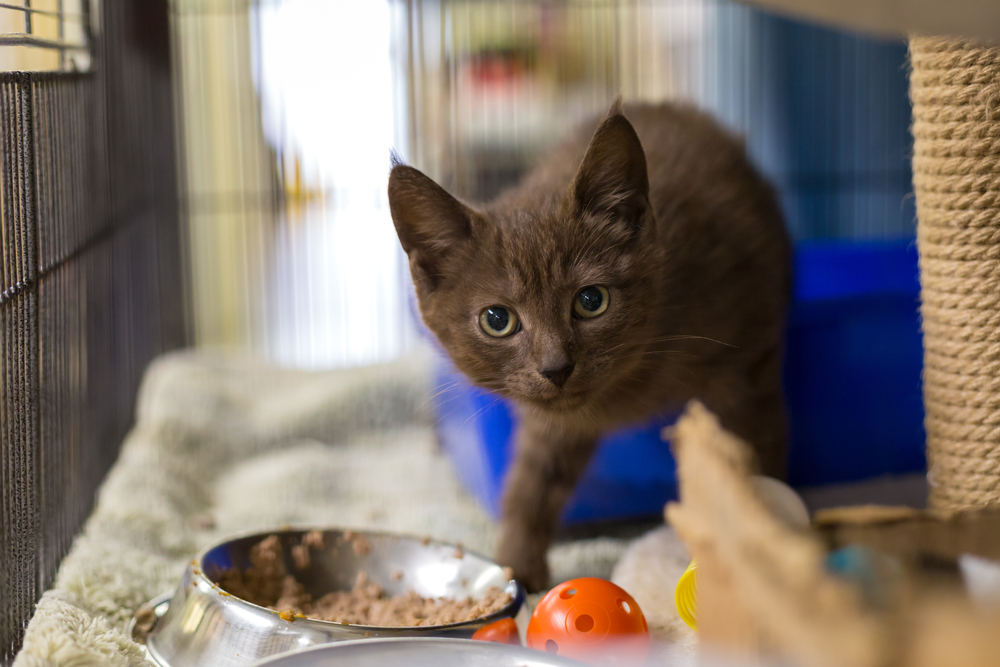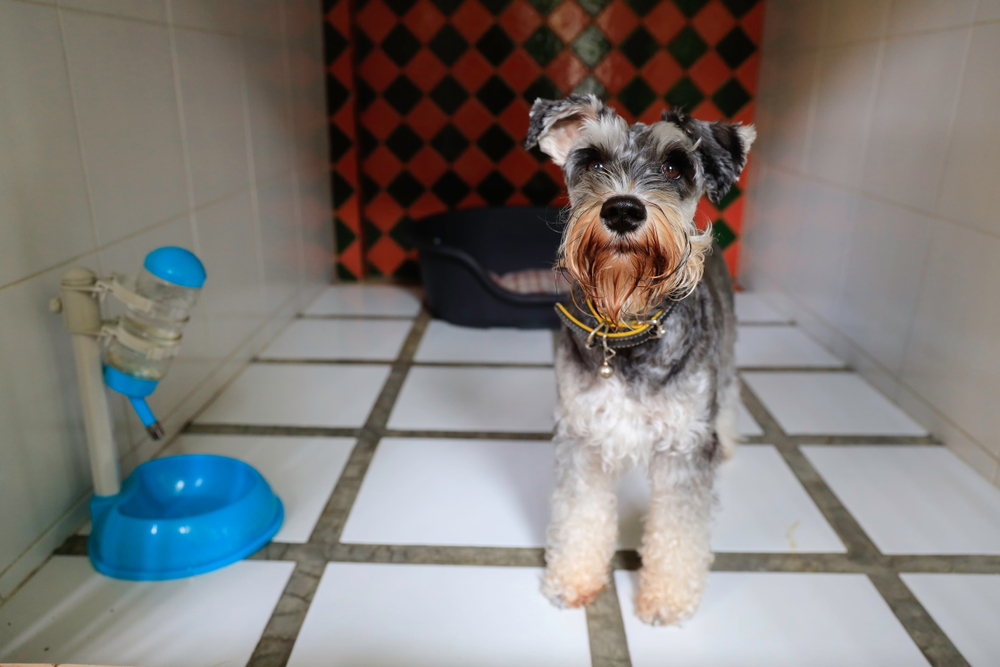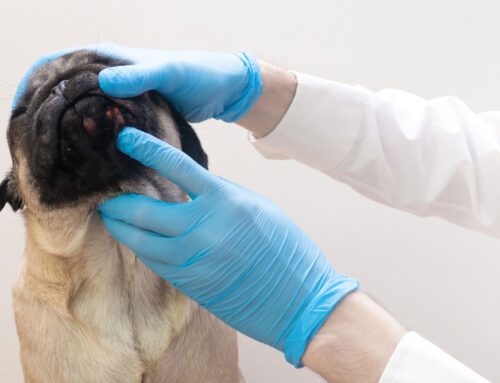If you need to leave your pet behind when you travel, you want to ensure they are safe and stress-free while you are away. Our Palisades Veterinary Hospital team knows how much you miss your pet when you have to leave them behind, so we offer tips on preparing your pet for an enjoyable boarding experience.
#1: Schedule a wellness examination for your pet
Pets are great at hiding health conditions, and you don’t want them to experience a veterinary emergency while you are traveling. Schedule a wellness examination to ensure your pet is as healthy as possible before leaving them at a boarding facility.
#2: Ensure your pet is up to date on their vaccinations
Keeping your pet up to date on their vaccines helps protect them from serious diseases. Reputable boarding facilities typically require the following vaccinations:
- Dogs — Dogs should be current on:
- DA2PP — This combination vaccine protects your dog against distemper, adenovirus type two (i.e., hepatitis), parvovirus, and parainfluenza. Your dog should receive a DA2PP vaccine no longer than 12 months before boarding.
- Rabies — The rabies vaccine is mandated by state law. Your dog should receive their first rabies vaccination no longer than 12 months before boarding, and their follow-up vaccines no longer than 36 months before boarding.
- Bordetella — Dogs in boarding facilities and those who frequent dog parks and doggy daycare facilities are at increased risk for Bordetella (i.e., kennel cough). Your dog should receive a Bordetella vaccine no later than six months before boarding.
- Leptospirosis — Leptospirosis is transmitted through infected urine, and dogs in boarding facilities should be protected from this disease, which typically targets the kidneys and liver. Your dog should receive a Leptospirosis vaccine no longer than 12 months before boarding.
- Cats — Cats should be current on:
- FVRCP — This combination vaccine protects your cat against feline viral rhinotracheitis, feline calicivirus, and feline panleukopenia. Your cat should receive a FVRCP vaccine no later than 12 months before boarding.
- Rabies — The rabies vaccine is mandated by state law. Your cat should receive their first rabies vaccine no longer than 12 months before boarding and their follow-up vaccination no longer than 36 months.
- FELV — This vaccine protects your cat against feline leukemia virus, and cats in boarding facilities need protection against this disease, which targets their immune system. Your cat should receive a vaccination no longer than 12 months before boarding, or test negative no longer than 24 months before boarding, if they have no outside access. Your cat who has no history of outside access should also test negative for feline immunodeficiency virus no longer than 24 months before boarding.
Check your pet’s vaccination records, and schedule an appointment if they are not current to ensure they are protected.
#3: Ensure your pet is parasite free
Parasites frequently target pets, and you want to ensure your pet is parasite-free before leaving them at a boarding facility. Have your pet tested for the following parasites:
- Heartworms — Heartworms are transmitted by mosquitoes and cause significant damage to a pet’s heart and lungs. The American Heartworm Society recommends that dogs be tested once a year for these dangerous parasites.
- Intestinal parasites — Intestinal parasites, including hookworms, whipworms, roundworms, giardia, and coccidia, are transmitted through contaminated feces. A fecal check can detect these parasites.
Reputable boarding facilities require that pets receive veterinary-approved parasite control products such as Frontline, Advantage, Advantix, Revolution, and Nexgard.
#4: Ensure your pet has good social skills
Pets with good social skills tend to acclimate better to boarding. If your pet doesn’t enjoy the company of other pets, consider a pet sitter who will stay at your home, or ensure the boarding facility separates pets. If your pet has separation anxiety issues, inform the boarding facility staff, so they can take extra steps to keep your pet comfortable.
#5: Pack a bag for your pet
When you travel, you pack a bag so you have everything you need, and you should do the same for your pet. During their boarding facility stay, your pet will need these supplies and items to ensure their stay is more enjoyable:
- Food — Sudden changes in food can result in gastrointestinal upset, so provide enough food for your pet’s stay at the boarding facility. Measure their meal portions into individual baggies to ensure they are fed the correct amount.
- Collar — Your pet should wear a collar and identification tags, and you should include your dog’s leash.
- Medications — If your pet is on medication, ensure you pack enough for your pet’s stay, and provide detailed instructions, so the boarding facility staff knows how and when to administer your pet’s medication.
- Treats — Ensure you pack a generous supply of your pet’s favorite treats.
- Toys — Pack your pet’s favorite toys, plus a few new ones, to keep your pet entertained.
#6: Consider a boarding trial for your pet

If you have never boarded your pet, or they are prone to nervousness, visit the boarding facility before your trip so your pet can meet the people who will be caring for them. You can also consider a 24-hour boarding trial to help your pet acclimate to the environment.
These tips should help your pet enjoy their boarding experience. If you are looking for a reputable boarding facility, contact our Palisades Veterinary Hospital team to learn more about our boarding resort for dogs and cats, or to schedule their wellness exam and vaccinations so they are ready for their “vacation” well ahead of time.







Leave A Comment